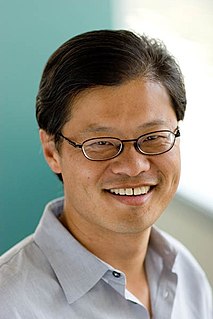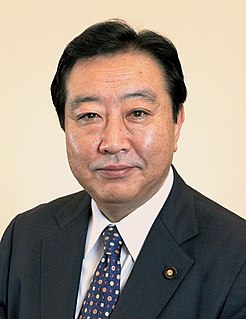A Quote by Robert Zoellick
Japan rose from the ashes of World War II as a 'trading state,' the model for export-led growth. It is not clear that the old export model of growth will be sustainable in a more 'balanced' global economy that does not rely so heavily on the U.S. consumer.
Related Quotes
We must recognise that in a globalised world, we cannot remain insulated from external developments. India's trade performance in the current year has been robust, surpassing pre-crisis export levels and pre-crisis export growth trends. We have diversified our export baskets and our export destinations.
We have to recognize that the reason that the global order that we've enjoyed and almost take for granted over the last several years exists is that after World War II, the United States and its allies tried to build an antidote to what they had seen between World War I and World War II. There, they'd seen protectionism, beggar-thy-neighbor trading policies, so they said, we'll build an open international economy. And they did that.
To change our national economic story from one of financial speculation to one of future growth, we need a third industrial revolution: a green revolution. It will transform our economy as surely as the shift from iron to steel, from steam to oil. It will lead us toward a low-carbon future, with cleaner energy and greener growth. With an economy that is built to last - on more sustainable, more stable foundations
Our consumer-oriented economy wouldn't survive without economic growth. The whole mechanism depends on invention and insinuation of novelties, arousing new wants, seduction and temptation. This is the problem we face - much more than recapitalizing the banks. The question is: Is that kind of economy sustainable?




































